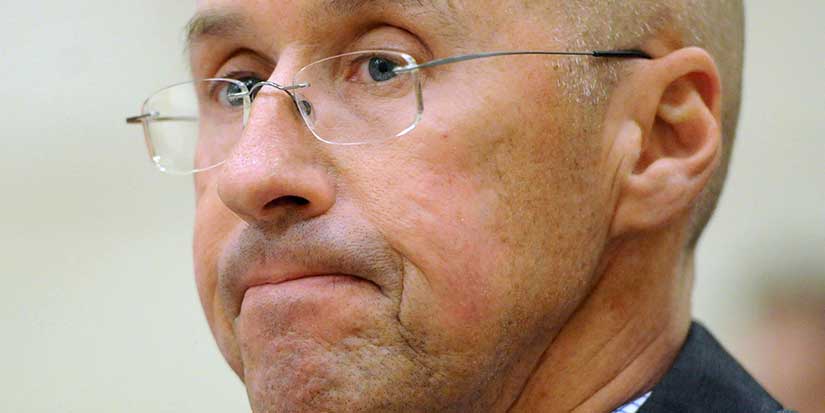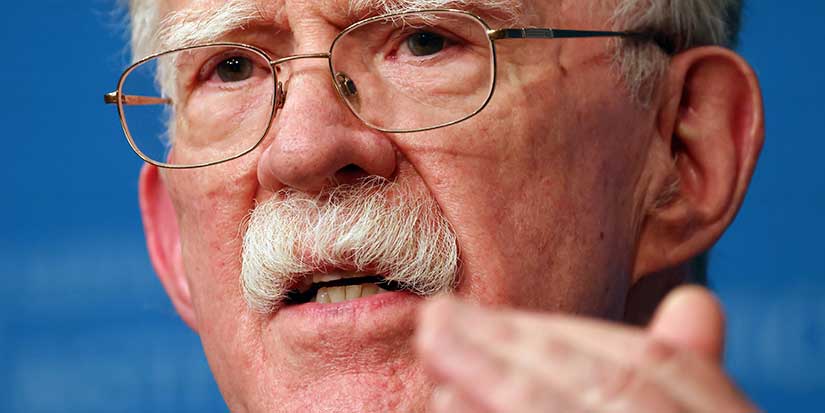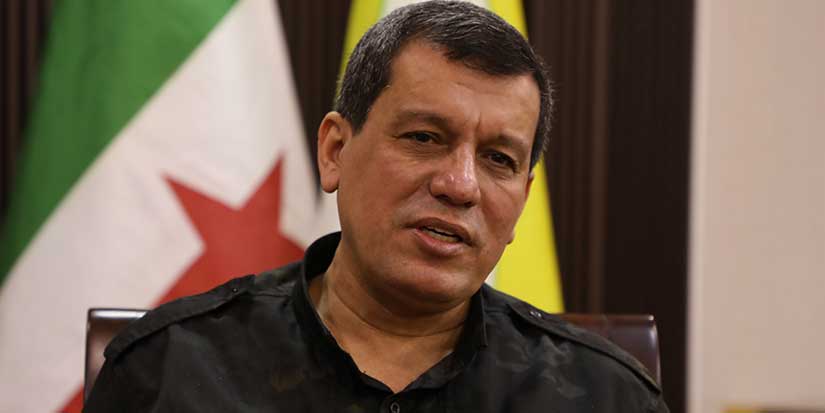National News
IMF chief, former PBO Kevin Page say Ottawa has leeway to run steeper deficits
Published 11:04 PDT, Thu October 16, 2025
Last Updated: 11:56 PDT, Thu October 16, 2025
—
Canada's former parliamentary budget officer and the head of the International Monetary Fund are both arguing Ottawa has room to run steeper deficits in the upcoming federal budget, despite concerns raised by the current fiscal watchdog.
Kevin Page, now president of the Institute of Fiscal Studies and Democracy at the University of Ottawa, published a piece in Policy Magazine this week arguing the current climate of economic uncertainty means Canada must meet a "hinge moment" in the upcoming budget, set for Nov. 4.
Page said Prime Minister Mark Carney will have to deliver a budget that inspires Canadians' confidence and trust and argued that shift will require significant taxpayer resources.
Carney has rolled out a substantial spending agenda since the spring election, including plans to rapidly ramp up defence and infrastructure investments.
Interim PBO Jason Jacques told parliamentarians last month he believes Ottawa's pace of spending is "unsustainable" and he predicts the deficit will rise to nearly $70 billion for this fiscal year.
He warned in an interview with CTV that Canada is "at the precipice" and looking over a fiscal cliff.
But Page disagreed in his piece published Tuesday.
"The reality is that there is no fiscal crisis. There is no precipice," he said.
Page, appointed in 2008 by then-prime minister Stephen Harper, was Canada's first parliamentary budget officer.
In his article, co-written with Adam Parwana and Hao Tian Shen, Page said Canada has a solid reputation for addressing debt after financial crises as well as "strong fiscal institutions underscored by transparency and accountability."
He said the federal government's debt position under Carney is strong compared to other G7 nations and previous governments led by Jean Chrétien and Brian Mulroney.
The head of the International Monetary Fund echoed Page's arguments Thursday at a press conference coinciding with the group's meetings in Washington, D.C. this week.
IMF managing director Kristalina Georgieva argued the fiscal positions of the United States, France, Italy and Japan mean those G7 economies need to lean more heavily into debt consolidation — but she held up Germany and Canada as stand-outs.
“Both Germany and Canada recognize that, in this very testing time, they need to use their fiscal space," she said.
Georgieva hailed Canada's "decisive action" to "modernize" the country's budget framework in the face of tariffs and broader trade disruption from the United States.
She said she welcomed Canada's move to split the government's spending plan between capital and operating expenses to send "pro-growth" signals to industry, as well as the shift to a fall budget schedule to better align with the spring construction season.
Finance Minister François-Philippe Champagne has laid out the Liberal government's current fiscal "anchors": maintaining a declining deficit-to-GDP ratio and achieving a balanced operating budget by 2028-29, after which point all deficit spending would be geared towards capital investments.
The interim PBO's criticisms have fuelled attacks from Conservative Leader Pierre Poilievre, who accuses the Carney government of spending "blindly" and driving deficits and inflation higher.
The key metric stoking alarm for Jacques is his projection that Ottawa's debt-to-GDP ratio — a fiscal anchor under Justin Trudeau's government — will no longer decline over the medium term.
Page's Institute of Fiscal Studies and Democracy projects a higher deficit than the current PBO for this fiscal year — roughly $90 billion — but expects that figure to decline to $70 billion by the end of the decade. That would imply a debt-to-GDP ratio of 2.5 to three per cent this year, falling to one to 1.5 per cent by 2030, he wrote.
"It is anticipated that Budget 2025 will make the case with analysis that this is fiscally sustainable — a fiscal structure with a decline in the debt-to-GDP ratio over the long run," he wrote.
– Craig Lord, The Canadian Press































